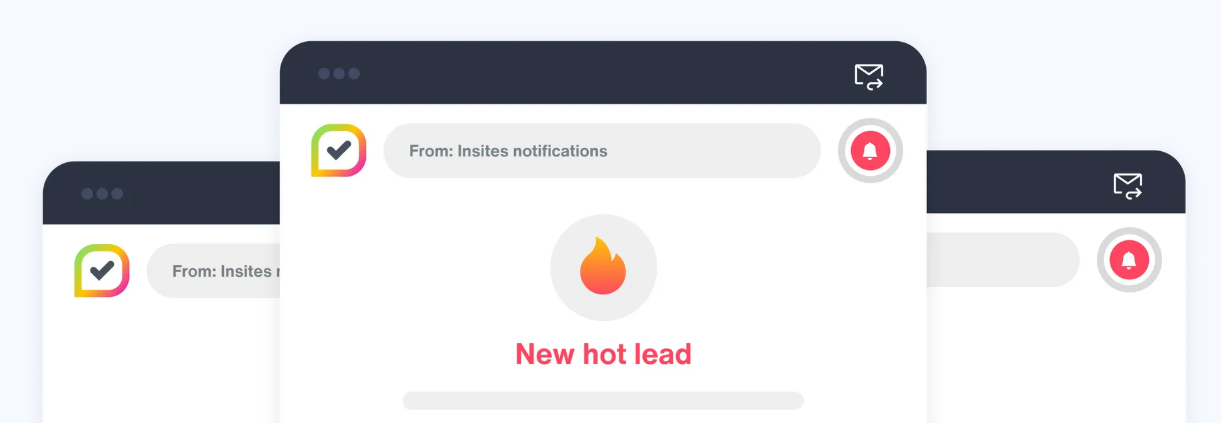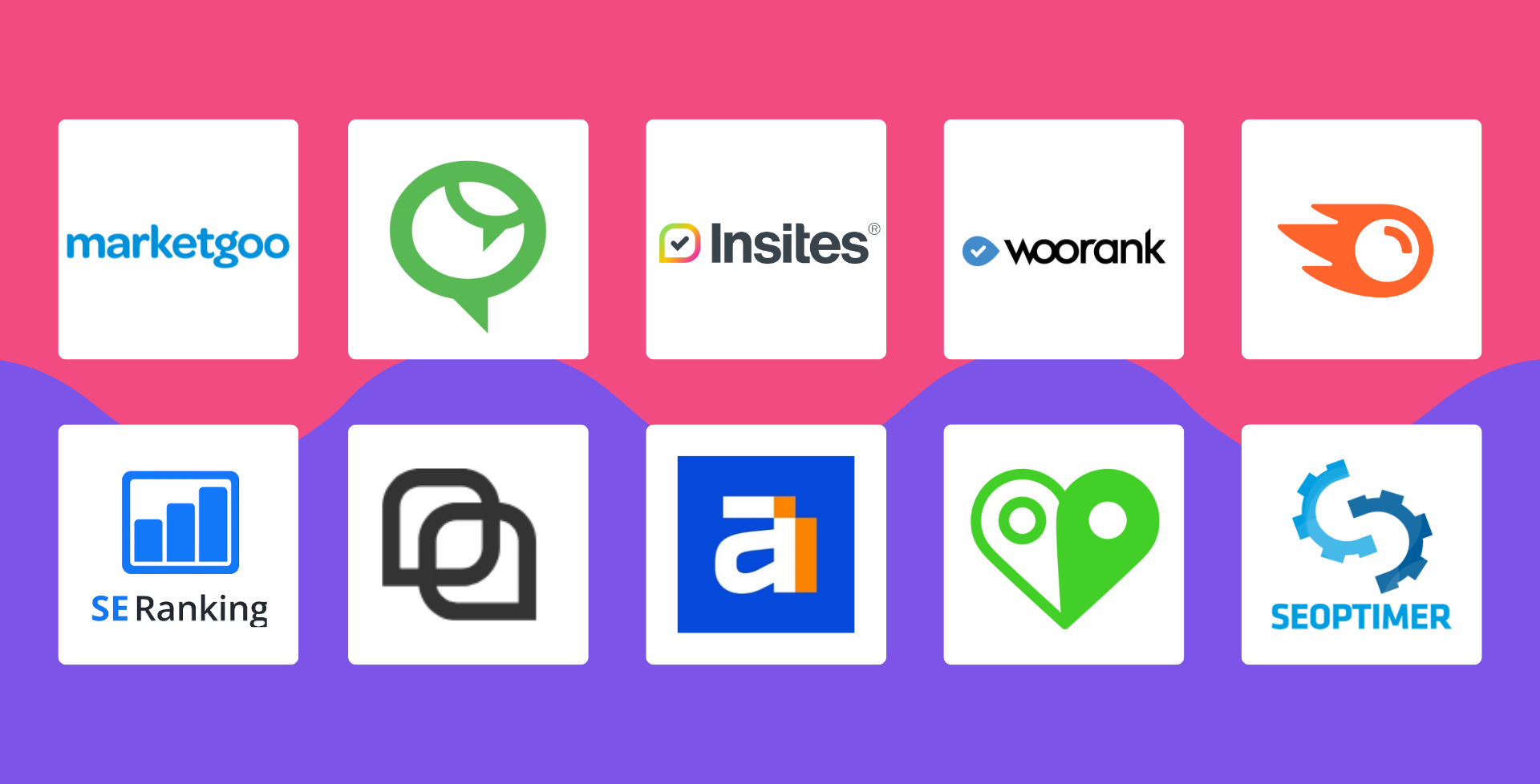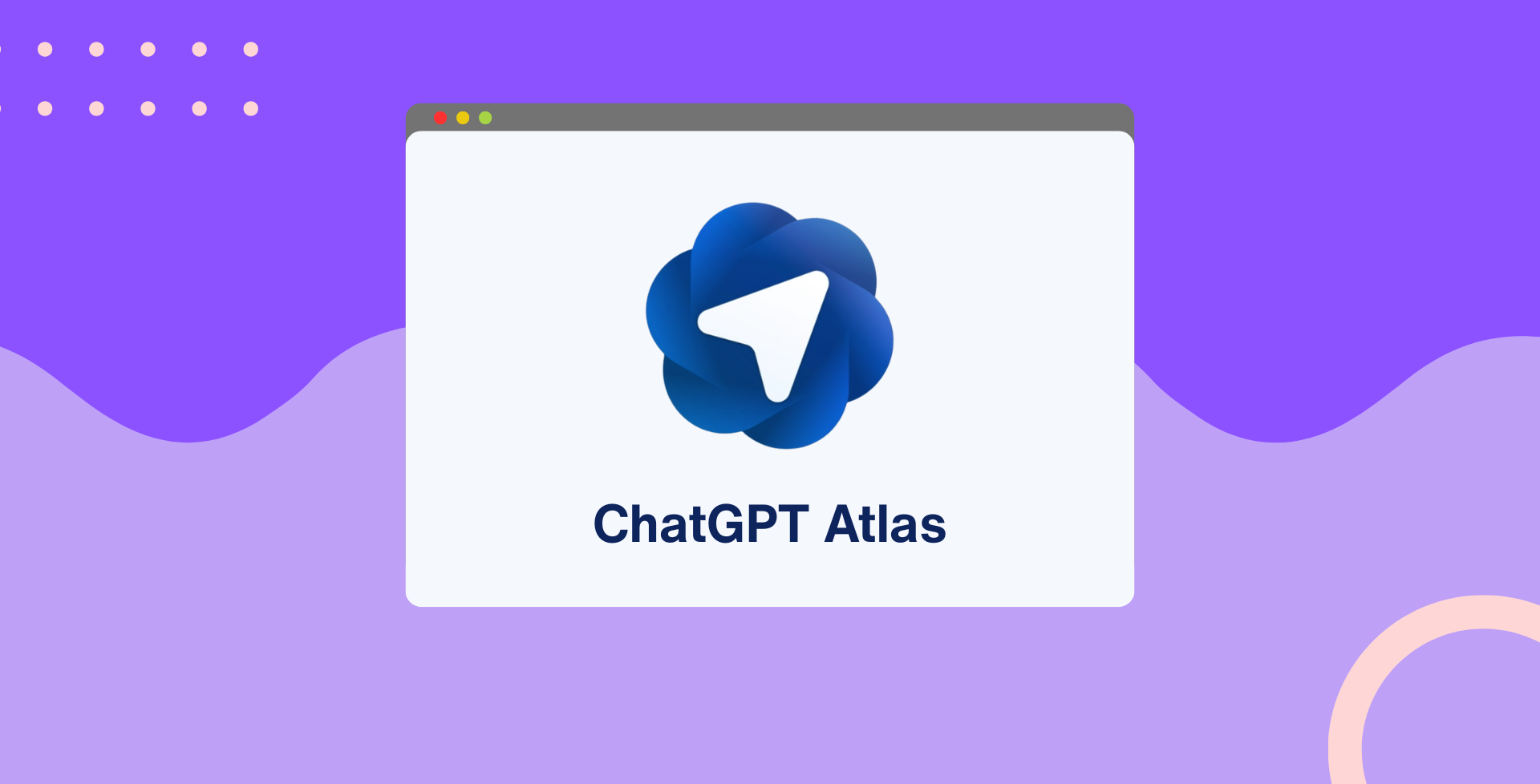The secret lead generation tactic digital marketing agencies are using to attract small-medium businesses
Izzy Fletcher • March 31, 2025
What’s your current lead generation strategy?
Waiting for the phone to ring?
Some ads and a decent SEO strategy?
While this is great, top digital marketing agencies are using creative and modern strategies to get qualified leads through the door.
Many enterprise providers are discovering that relying solely on outbound tactics or passive marketing leaves valuable opportunities on the table.
Marketing teams using systemic lead generation tools that deliver a consistent pipeline of qualified leads is helping the sales team qualify better and understand the customer on a deeper level.
Want to know the approach that combines automation personalisation and value-driven engagement? Read on!
A marketing and sales funnel vs flywheel
Looking at your pipeline as a funnel can work, but it’s a bit old school.
Top sales and marketing teams have unlocked a a new and improved model to follow when it comes to a well nurtured customer journey.
Introducing the HubSpot flywheel! It’s one of my favourite ways to showcase how a business can generate hot leads and keep them loyal. Here is their 3 step framework for how to build momentum with customers:
Step 1: Attract
Drawing people in with valuable content and establishing your agency as a trusted advisor.
Step 2: Engage
Present insights and solutions aligning with the lead's pain points and goals.
Step 3: Delight
With your help and support, SMB clients will establish a better digital marketing presence and new opportunities will empower them. Impressed clients become loyal, and even better; advocates for your services!

You can use this methodology as inspiration, but why not try creating your own tailored to your business model and services. We’ve done this at Insites (to be revealed soon). Our flywheel will explain how digital marketing providers can use all Insites products, across various teams to encourage team collaboration and customer efficiency. Follow us on LinkedIn to get a first look at the Insites Flywheel launching in May 2025!
Step 1: Pick your lead magnet
When creating a compelling offer you need to pull clients in using “lead magnets”.
Having strong magnets is how you attract and engage prospects. Free newsletters, ebooks, webinars and templates give prospects content that feels exclusive and interactive. This type of content goes beyond surface-level advice, positions your agency as an expert and helps promote your agency without hard selling. Think about it; if prospects are already interested in what you have to say, they’ll be interested in what you can offer.
But here’s a secret your competitors don’t want you to know…
They are using self-service online audits as a magnet on their websites.
Why?
- Gives prospects instant tangible insight into their current performance
- Creates urgency for prospects to act
- Reduces manual data input as all leads from your widget will automatically create an event in your CRM, and even save the audit report for you for future reference
- Sales reps get notified when an audit is run, creating an opportunity to reach out when the lead is hot
- The lead generation widgets are labelled to keep your branding consistent
Offer value & capture leads with a lead-generating widget
Drop Insites' white-labelled audit widget on your site and watch qualified leads roll in. Yes, it’s that easy!
Your prospects get immediate value through a comprehensive audit in 60 seconds, while you get their contact info and insight into their specific challenges.
Find out more about Insites for Marketers or get straight to it and book a free discovery call with us!

Step 2: Promoting your lead generation
There's no point implementing a fabulous lead magnet and letting it sit there. You need your prospect to know it's available!
When it comes to getting eyes on what you have to offer - there are a few ways to do this:
- Landing Pages - Use landing pages on your website to guide prospects through your offer e.g. what they can expect, the value and what they’ll discover by taking action.
- Blogs - Blogs are a great way to enrich your online presence and direct leads to other pages on your website that you want them to see.
- Social Media Ads - Meet SMBs where they're at: social media. It’s likely they SMBs will be scrolling through their feed, especially if they have a social media account. Promoting your webinars, e-guides or a free audit with graphics and videos are great ways to attract new leads.
- Email Marketing - Using your data to send out a newsletter promoting your latest offer is a great way to cut through the noise with prospects. For example, use your CRM to send an email to leads you lost in the last 6 months offering them a self-service online audit. It's a non-intrusive way of offering prospects something that they can take a view on themselves - without forcing your insights on them. Instead, let them come to you!
- Public Relations - Consider partnering with other companies or guest speakers for you lead magnet (this would work well for webinars). Or, seek media coverage with a press release.
- Events - In-real-life events aren't going anywhere - in fact, people crave them! Events are a great way to build personalised relationships with prospects, but standing at a stall and having a generic salesy chat isn't as valuable as you may think. Some of our clients choose to run free audits for prospects then and there, giving those prospects something tangible while sales reps can talk through the results in real-time.
Step 3: Track your results
No campaign is complete without calculating the effectiveness and ROI.
I know it’s the slightly less fun part, but is incredibly valuable for understanding what worked well, or what requires improvements. Things to track include
- Amount of views on the landing page
- Number of actions taken e.g. downloads/registrations
- Conversion rate
- ROI
- Cost per lead to the sales team
By tracking these metrics you can refine your approach and maximise results over time.
Industry-specific lead generation tips
Not all SMBs are created equal, and the most successful agencies understand that different industries require tailored lead-generation approaches. Here's how to customise your lead generation strategy based on the industry you're targeting:
Healthcare:
Healthcare providers face unique challenges with strict regulations, patient privacy concerns, and high competition for local searches.
Most effective lead magnets:
- Compliance audits
- Patient experience scorecards
- Local healthcare SEO reports comparing visibility against nearby competitors
Pro tip: Healthcare decision-makers are extremely busy, so visual reports with clear "traffic light" indicators work best. Focus on mobile performance since many patients search for providers on their phones during moments of need.
Property & real estate
Property businesses rely heavily on visual appeal and location-based searches.
Most effective lead magnets:
- Local property search visibility reports
- Website UX audits focused on image optimisation and load speed
- Competitor listing analysis showing market positioning
Pro tip: Real estate professionals respond strongly to competitive analysis. Show them exactly where nearby agents or property companies outrank them in local searches, and you'll create immediate urgency.
Hospitality & tourism
Restaurants, hotels, and tourism businesses need to capture seasonal interest and manage their online reputation.
Most effective lead magnets:
- Review management audits
- Local event visibility scorecards
- Mobile booking experience reports
Pro tip: Hospitality businesses are extremely sensitive to reviews. Audits that analyse review sentiment across multiple platforms (Google, TripAdvisor, Yelp) and provide actionable insights can be extremely compelling lead magnets.
All industries need different approaches and nailing your niche is key to success when it comes to lead generation. But the best part is, with free audits, you can customise what checks to include making it personal and relevant to your target audience.
The digital marketing agencies winning aren't just generating leads – they're creating demand by providing real value upfront.
By implementing these strategies and using tools like Insites, you'll build a steady pipeline of qualified prospects who are already sold on your expertise.
Ready to transform your agency's lead generation strategy? Book a free call and discover how Insites can help your sales and marketing team qualify prospects, demonstrate value, and close more deals.


























